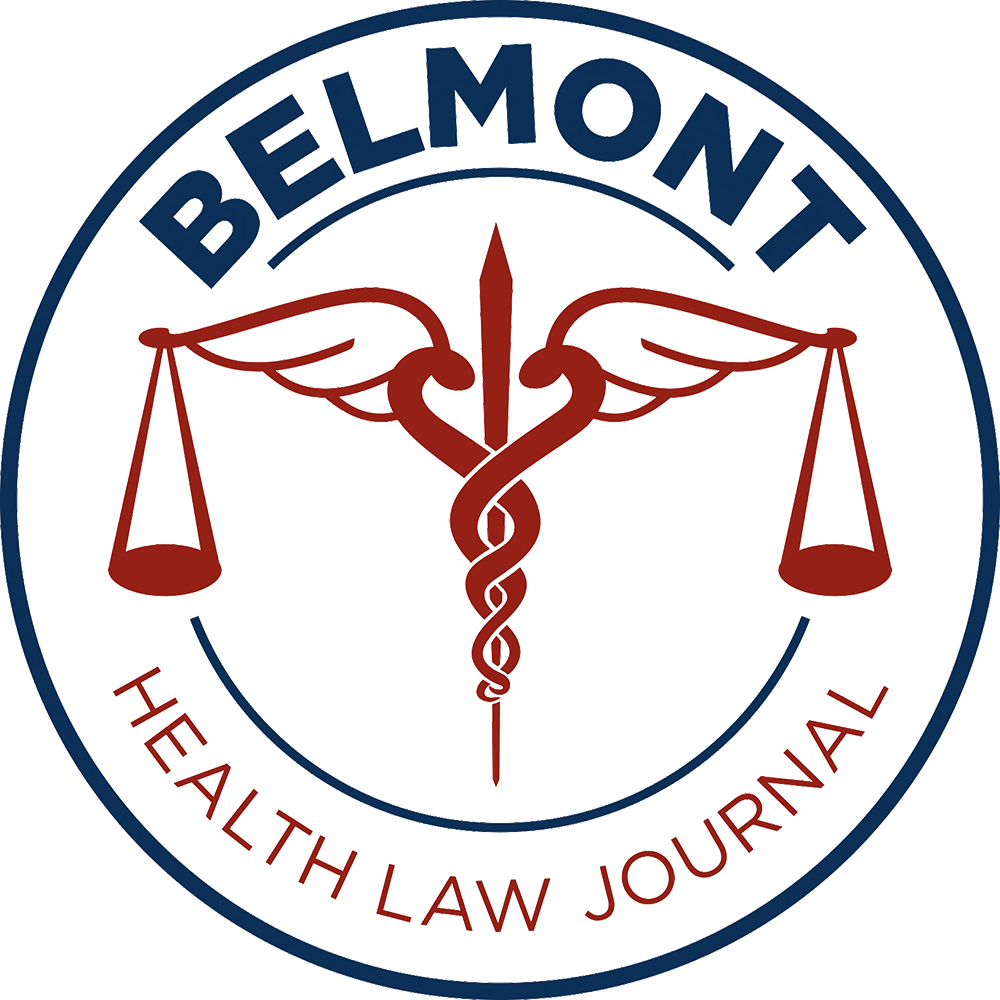Maddie Gilmore, Belmont Law, Class of 2023
Congress sets up control-and-demand agencies to carry out its legislative schemes. The typical structure of a federal agency is laid out by Congress. When Congress passes a statute that sets up an agency, called an Enabling Act, drafters try to include the various enforcement powers that they intend for the agency to have. Under the APA, regulated entities have the right to sue an agency for taking an action that is outside the scope of this delegated enforcement power or for taking an action that is procedurally deficient. For a judge to determine this, Congress’ intent must be clearly discernible. That is, when a regulated party does sue under the APA, a federal judge will have no way to tell whether the agency took an action within its power or outside its power, unless Congress makes it clear.
The Health Resources and Services Administration, (“HRSA”), is a federal regulatory agency with broad powers under its enabling act to regulate pharmaceutical companies. In a recent lawsuit filed by six regulated drug-makers under the APA, a federal judge faced this exact dilemma.
The HRSA has the authority to issue opinion letters, warnings, and interpretive statements that are non-binding, but announce the agency’s intent and what they expect drug companies to comply with. One of these areas in which the HRSA was attempting to enforce compliance was allowing contract pharmacies unrestricted access to discounted drugs under the 340B program. The HRSA issued a series of warning letters, expecting compliance, but six drug companies did not act as swiftly or as definitively as HRSA would have liked. Finding that these companies refused to offer discounted drugs under the 340B program to contract pharmacies, the Biden administration initiated a lawsuit. The complaint alleged instead of competing as they should, the companies colluded “together to boost their profits by coordinating to retract a long-standing discount for safety-net hospitals and clinics.” Eli Lilly, Sanofi, AstraZeneca, Novartis, Novo Nordisk, and United Therapeutics, however, are taking a firm stance against the government’s position and whether the companies can be faced with a fine of $5,000 for each violation.
A federal judge, Sarah Evans Barker, found that the HRSA did have the authority to decide that drug companies cannot unilaterally restrict sales of products discounted under the 340B program to contract pharmacies. She did, however, hand the companies a conditional win, in finding that the HRSA did not have any ground for penalizing the drug companies for noncompliance and denied HRSA’s motion to dismiss. Specifically, she found the December advisory opinion from The Department of Health and Human Services (“HHS”) Office of the General Counsel and a May enforcement letter from the HRSA were “arbitrary and capricious” and in violation of the Administrative Procedures Act. In a difficult decision, Barker said the letters had an unfair element of surprise, and Congress’ intent being so unclear must be remanded. After ruling that the HRSA warning letters should be vacated because HHS has suddenly changed its views over whether to clamp down on the drug-maker restrictions, she specifically asked for Congress to to step in and settle the issue via new legislation. Bipartisan lawmakers have asked HHS to quash the drug-maker moves but so far legislation has not been introduced to make a fix.
The body of law governing regulatory agencies, including the APA itself, is complex and is predicated upon the ability of judges to discern Congress’ intent on how and when to let agencies handle certain issues. Because Congress’ intent is often indiscernible, the results are often mixed, and are non-uniform rulings. It is good to see that Barker, in the face of uncertainty, is asking for Congressional clarification instead of allowing the agency’s policies to change with the courses of the wind. Too much change means the companies do not have fair notice of the possibility of penalties. This uncertainty on the restrictions of 340B is exacerbated by the change in presidential administration, which is why it is important that Barker is asking for Congressional input. She is helping to curb at least some of the non-uniformity that regulated entities face constantly in this realm of administrative law.
Works Cited:
